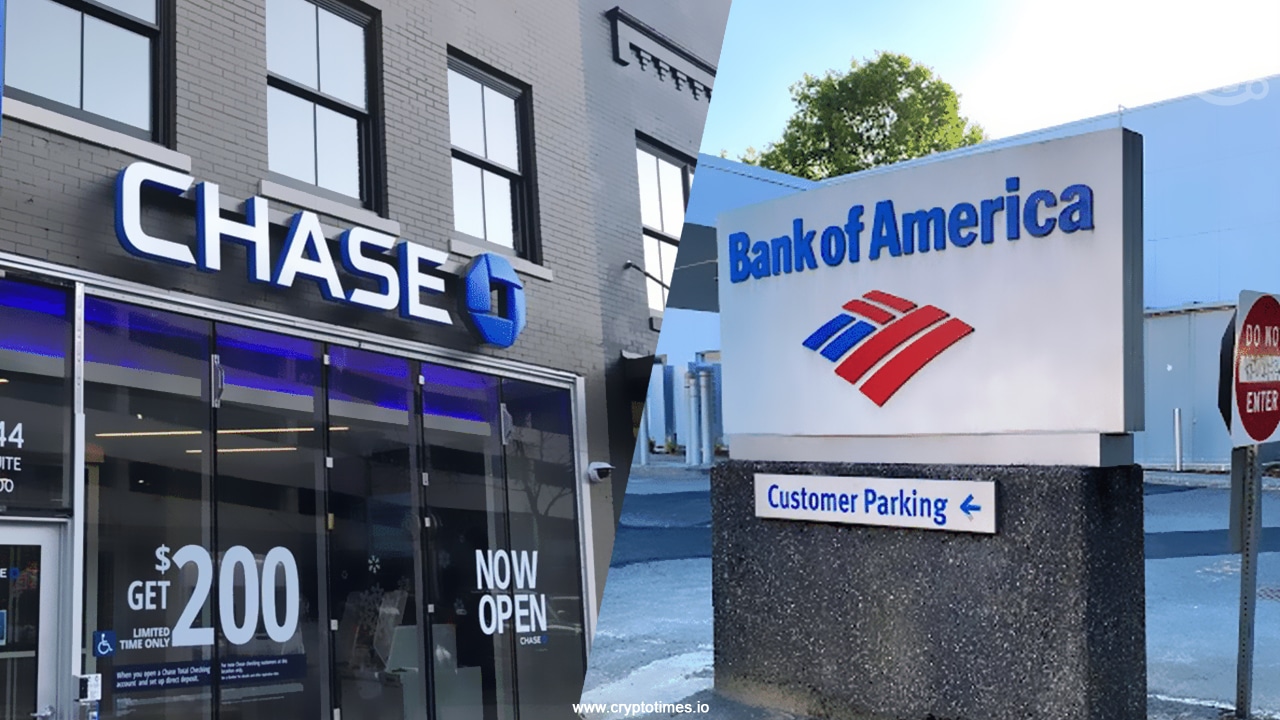Major US Bank Explores Tokenized Assets
By
Calder Monroe
Last updated:
August 19, 2025
First Published:
December 2, 2025

Photo: The Crypto Times
The Rising Interest in Tokenization
Tokenization has emerged as one of the most significant innovations in the financial sector. By converting real world assets such as real estate, stocks, or commodities into digital tokens on a blockchain, the process offers investors greater accessibility, liquidity, and transparency. A leading US bank’s decision to explore tokenized assets shows how deeply traditional financial institutions are beginning to embrace blockchain technology.
Why This Move Matters for Traditional Finance
For decades, banks have been the cornerstone of global financial systems, often cautious about adopting new technologies. The move toward tokenization signals a dramatic shift in mindset. It highlights that institutions once hesitant about blockchain are now recognizing its potential to streamline operations, reduce costs, and enhance customer experiences. This step bridges the gap between old and new, merging centuries of financial practices with the possibilities of digital innovation.
Unlocking Liquidity for Investors
One of the most powerful benefits of tokenization is the ability to unlock liquidity in markets that were traditionally illiquid. Real estate, fine art, or even private equity shares can now be fractionalized into digital tokens, making them accessible to a wider range of investors. A major US bank exploring this frontier means that individuals and institutions could soon access investment opportunities that were once reserved only for the ultra wealthy.
Implications for Regulatory Standards
While the concept of tokenized assets is exciting, it also raises important regulatory questions. Banks stepping into this space must navigate compliance, investor protection, and legal frameworks. The fact that a top tier US bank is testing the waters suggests that regulatory bodies may become more engaged in shaping policies for tokenized markets, which could ultimately provide a safer and more structured environment for investors.
Transforming Customer Experiences
Beyond the investment benefits, tokenization can also enhance customer experiences. With faster settlement times, transparent ownership records, and reduced transaction costs, clients gain efficiency and trust in financial dealings. If implemented successfully, tokenized assets could redefine how customers interact with banks, setting a new standard for accessibility and security.
Looking Ahead to a Digital Future
The exploration of tokenized assets by a major US bank marks a pivotal step in the evolution of finance. As more institutions follow suit, the financial ecosystem will likely witness a deeper integration of blockchain technology. This move not only validates the relevance of tokenization but also highlights the inevitability of digital transformation within global banking systems.
Popular articles
Subscribe to unlock premium content
Disney’s Timeless Magic and How the Entertainment Giant Continues to Shape Culture and Innovation

Imran Khan’s Economic Missteps Amid Political Chaos in Pakistan

The Philippines’ Digital Shift How Remittances and BPO Are Fueling Growth

Disney’s Timeless Magic and How the Entertainment Giant Continues to Shape Culture and Innovation

Imran Khan’s Economic Missteps Amid Political Chaos in Pakistan

Disney’s Timeless Magic and How the Entertainment Giant Continues to Shape Culture and Innovation









